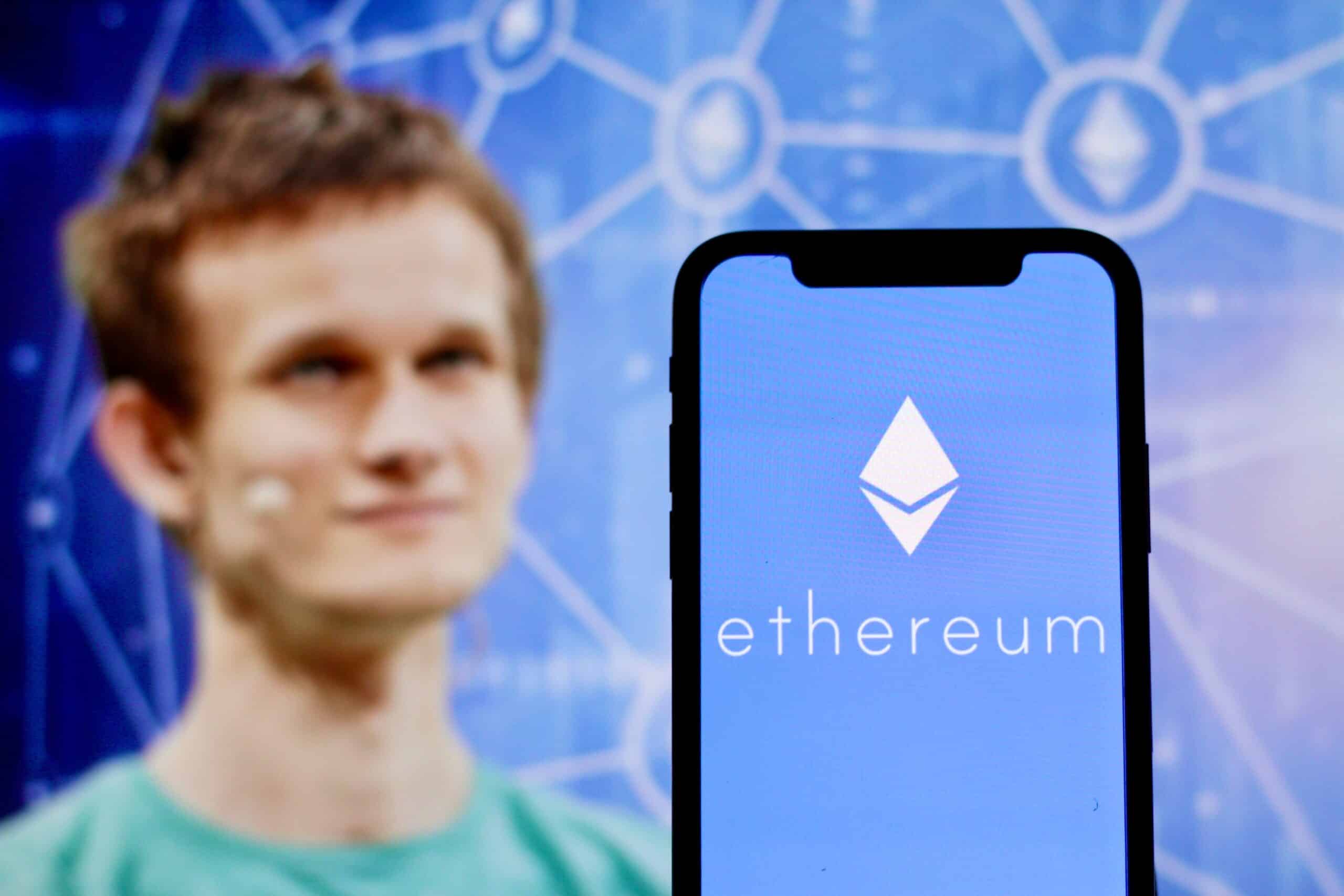Key Insights:
- Vitalik Buterin highlights Ethereum’s robust network, with no execution client dominating over 66.6% of the market share.
- Upcoming Ethereum upgrades, including Pectra and Fulu-Osaka, aim to boost performance and maintain the network’s security.
- Recent Geth updates show progress, but minor issues on Pectra Devnet 2 prompt developers to refine the Ethereum network further.
Vitalik Buterin, co-founder of Ethereum, recently discussed the network’s resilience, specifically its low supermajority risk. Buterin emphasized that no execution client currently exceeds 66.6% of the market share, which is crucial for maintaining the network’s stability. This development is particularly timely as the Ethereum network undergoes a series of important upgrades aimed at enhancing its overall performance and security.
Ethereum’s Market Share Distribution of Execution Clients
Vitalik Buterin’s comments came after an analysis of the market share distribution among Ethereum’s execution clients. The data revealed that no single client controls more than two-thirds of the network, a threshold that could otherwise jeopardize the system’s stability. Execution clients are essential software components that process transactions on the Ethereum network. If any one client were to dominate the market, it could create vulnerabilities, including potential attacks or failures that could disrupt the entire network.
The current distribution shows that the most prominent clients, including Nethermind, Go Ethereum (Geth), Besu, and Erigon, all hold varying shares, none of which exceed the critical 66.6% threshold. Nethermind’s share ranges from 24.8% to 65.9%, while Geth holds between 21% and 62.1%. Besu, another key client, controls between 11% and 52.9% of the market.
Other clients, such as Erigon and Rust Ethereum (RETH), have smaller shares but still contribute to the overall balance. This diversity is considered healthy for the network, as it reduces the risk associated with over-reliance on a single client.
Ethereum’s Upcoming Upgrades: Pectra and Fulu-Osaka
As Ethereum prepares for further development, upcoming upgrades are in focus. The network is set to undergo significant enhancements, including the Pectra and Fulu-Osaka upgrades. These updates are designed to improve the network’s performance and security.
The Pectra upgrade has already seen multiple development stages, with the third iteration, Pectra Devnet 3, expected to launch soon. This upgrade follows Ethereum’s tradition of naming updates after stars, with Pectra and Fulu-Osaka being the latest in the series. The goal of these upgrades is to ensure that Ethereum remains competitive and secure as it continues to grow.
The Fulu-Osaka upgrade, in particular, was discussed during the 140th All Core Developer Consensus Conference Call, where developers highlighted its potential to further enhance the network’s capabilities. These updates come at a crucial time as the Ethereum network faces increasing demand and continues to evolve.
Recent Developments and Maintenance Updates
In addition to the upcoming upgrades, Ethereum has seen other important developments. A recent maintenance update to the Go Ethereum (Geth) client, released on August 12, 2024, has introduced various performance enhancements and bug fixes. However, this update has also raised some concerns, as it reportedly produced invalid blocks on the Pectra Devnet 2.
Developers are currently investigating these issues to ensure that they do not affect the network’s stability. Despite these challenges, the Ethereum community remains optimistic about the upcoming launch of Pectra Devnet 3, which is expected to address these problems.
The Geth client, one of the most widely used execution clients, plays a critical role in the Ethereum network. The community closely monitors its updates, as any issues could significantly impact the network’s performance. The recent bugs in Pectra Devnet 2 have prompted developers to take extra precautions as they prepare for the next stage of the upgrade.
As Ethereum continues to develop, the network’s ability to maintain a balanced distribution of execution clients is crucial for its long-term success. The recent updates and upcoming upgrades demonstrate the network’s commitment to improving its robustness and security. Vitalik Buterin’s emphasis on the importance of avoiding a supermajority risk reflects the broader Ethereum community’s focus on maintaining a resilient and decentralized network.

